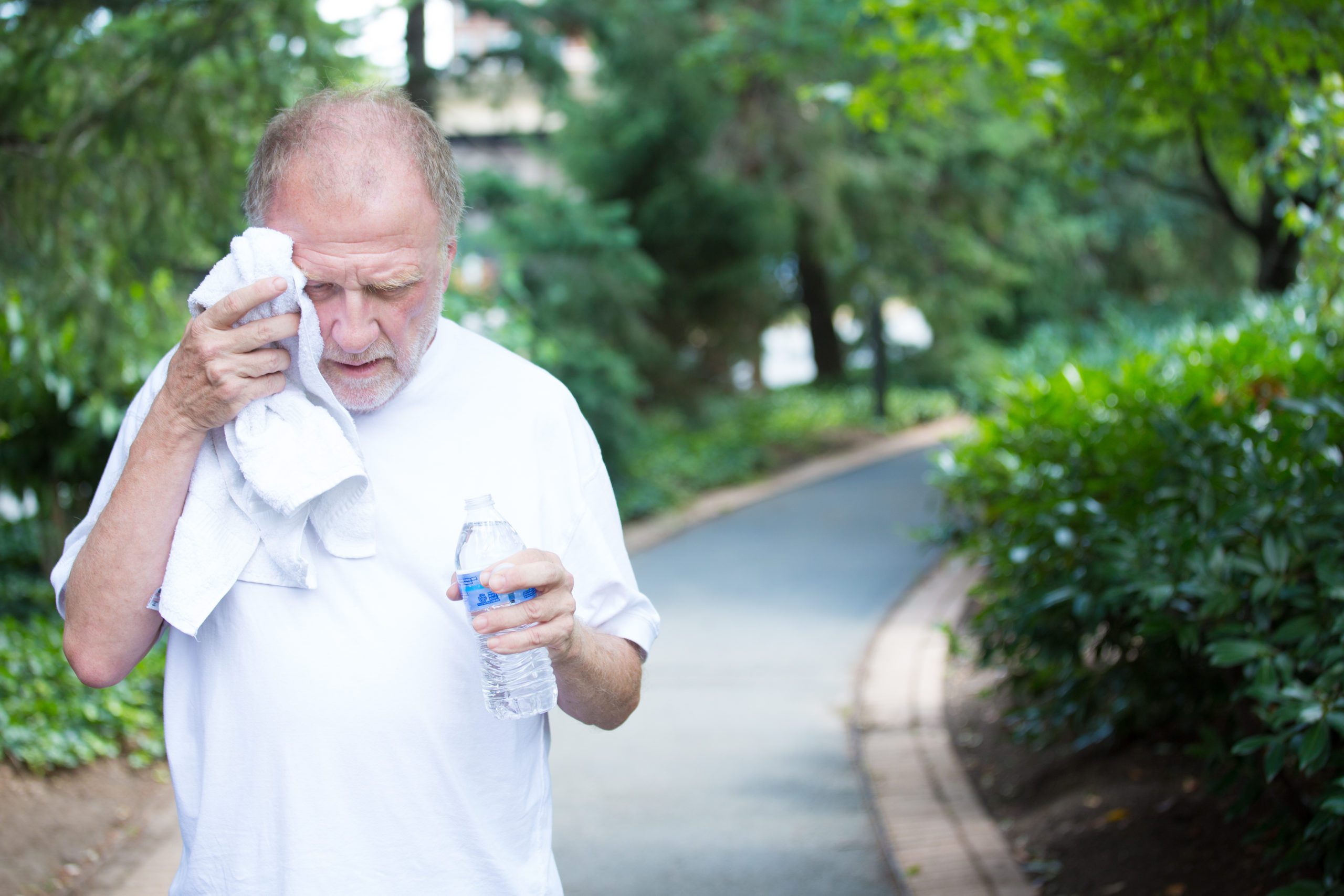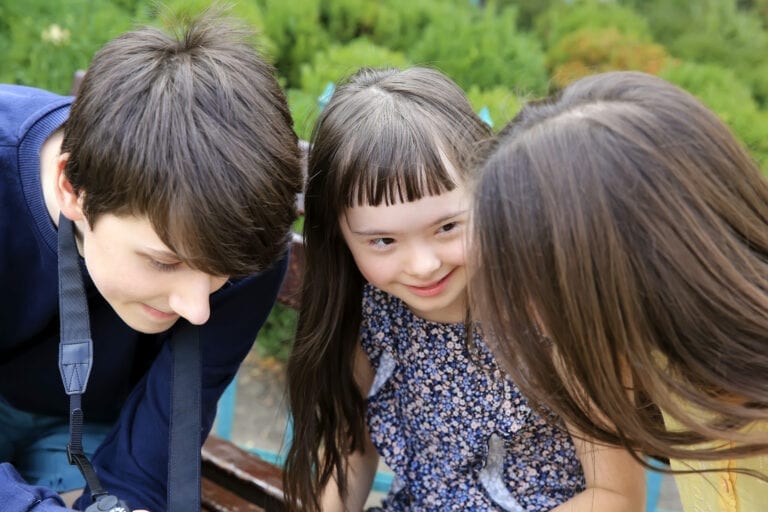Do you know that 60% of our body is made of water? Being hydrated is crucial for the human body’s correct functioning and health. However, this seems to be an increasing problem for the elderly – many struggles to stay hydrated as they get older because well, as said, it just becomes harder for their bodies to retain water. Consequently, they are more susceptible to becoming dehydrated. In this article, we will include the symptoms of dehydration in elderly people.
What is Dehydration?
Dehydration happens when you use or lose more fluids than you consume, and your body lacks sufficient water and other fluids to perform regular tasks. If lost fluids are not replaced, you will get dehydrated.
Anyone can become dehydrated, but young children and the elderly are particularly vulnerable to the disease. Severe diarrhea and vomiting are the leading causes of dehydration among young children. There is naturally less water in the bodies of older persons, and they may have diseases or take medications that enhance their risk of dehydration.
It means that even small ailments, such as lung or bladder infections, can cause dehydration in older persons. Dehydration can affect people of any age if adequate water is not consumed during hot weather, particularly if strenuous exercise is performed. Drinking extra fluids will usually correct mild to moderate dehydration, but severe dehydration requires emergency medical attention.
Symptoms of dehydration in elderly
The color and quantity of urine most adults generate can reveal a great deal about their hydration levels. Urine indicates that a person is adequately hydrated, whereas darker urine indicates dehydration. The other major indicator of dehydration? Thirst. Most people are familiar with the sense of thirst, but the elderly typically ignore or fail to recognize this early sign. Consequently, it is vital to keep an eye out for other symptoms. Following are the symptoms of dehydration in elderly
- Muscle wasting
- Lethargy
- dryness of the mouth
- Headaches or dizziness
- An inability to sweat
- Reduced blood pressure
- Irregular heart rate
- Fatigue
- Confusion
Extreme dehydration is characterized by shrunken skin, sunken eyes, low blood pressure, and confusion. Extreme dehydration is a severe risk for the elderly; caregivers must treat signs of dehydration before the onset of symptoms. Fortunately, there is a simple test you may do for your senior loved one to determine if they are dehydrated. Observe how soon the skin on the back of their hand returns to its natural state after being pinched. If it returns immediately, it is unlikely that they are dehydrated. It is dry if it keeps a tent-like shape for an additional second.
Common Causes of Dehydration in the Elderly
The primary causes of dehydration are fluid loss and insufficient water intake. Adults in good health can get dehydrated if they neglect to drink water at the hectic pace of daily living. Frequently, the situation is different for elders. Many elderlies with Alzheimer’s or dementia neglect to drink water often. Seniors with limited mobility who live alone may have difficulty accessing water. Frequent urination, a typical symptom of diabetes, may be difficult for diabetic seniors to manage. Due to symptoms such as diarrhea and vomiting, the flu can also cause dehydration; because seniors have a more difficult time recovering from the flu than healthy adults, water is crucial during and after a flu episode. Different health problems represent unique risks of dehydration in the elderly; therefore, it is prudent to examine the following: What may be keeping your loved one from drinking enough water? And how can you mitigate this risk?
How does dehydration effects on blood pressure?
Dehydration can increase or decrease blood pressure, resulting in hypertension (high blood pressure) or hypotension (low blood pressure) (Hypotension).
Low Blood Pressure
Dehydration can induce a decrease in blood volume. Blood volume is the amount of fluid contained within your blood vessels. Normal blood volume is crucial because it allows blood to reach all body tissues and organs. Nonetheless, a decreased blood volume can lower blood pressure.
If you are dehydrated, your blood volume and blood pressure might be dangerously low. It can prevent your tissues and organs from receiving enough oxygen and nutrients to remain healthy. Low blood pressure can lead to heart and brain damage without treatment. So, dehydration effects on blood pressure.
High Blood Pressure
Dehydration effects on blood pressure during you are dehydrated, your body produces more of the hormone vasopressin. Vasopressin helps your kidneys retain water, preventing further water loss through urination. In addition, it causes your blood vessels to contract, increasing blood pressure. When this scenario persists, high blood pressure can develop.
How does dehydration effects on eyes?
The body’s response to fluid loss is to conserve the remaining fluid to prevent further loss. It results in dehydration symptoms, including drowsiness and a lack of tear production. When tear production ceases, the eyes are no longer adequately moisturized. It can lead to dry eye, eyestrain, and vision problems. When tears do not sufficiently nourish the eyes, dry eye occurs. Tears are required for clean vision because they remove foreign particles from the eye and lower the risk of eye infections.
How does dehydration effects on skin?
Dehydration effects on skin in such a way when the body becomes dehydrated, priority is given to essential organs such as the liver, brain, and lungs. Connective tissue, such as collagen, the principal connective tissue of the skin, is one of the first things to stop getting water when the human body is dehydrated. When collagen is insufficiently hydrated, its strands begin to split and bind together, resulting in the creation of wrinkles on the skin’s surface.
Home Care Near Me. Let’s Get Started!
Get Immediate Help with Information, Costs & Payment Options.







